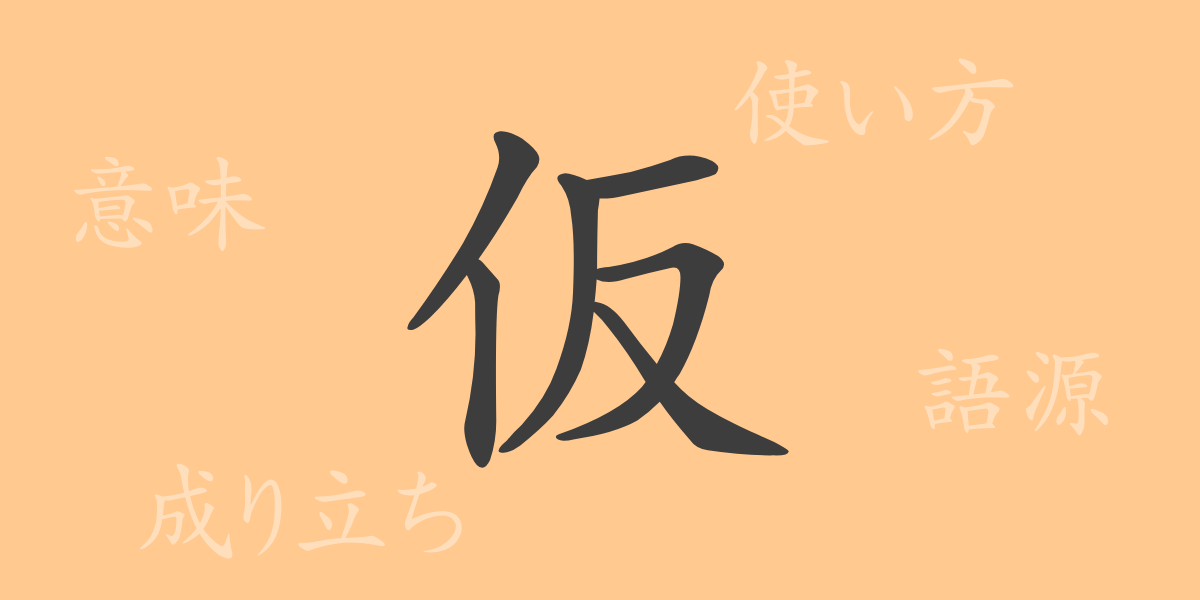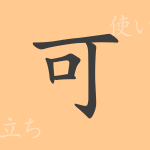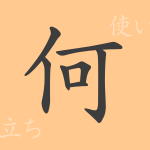”
Each Japanese character has its own unique history and meaning embedded within it. Among the many Kanji used in everyday life, “”仮”” ( Kari) is one that you may encounter in a wide variety of contexts. In this article, we will delve deep into the origins, meanings, usage, readings, and even phrases and proverbs that use “”仮”” to uncover its full picture.
The Origins of 仮 (Kari)
The Kanji “”仮”” originated from an ancient Chinese word that meant “”the cloth covering a body after death.”” Over time, its meaning evolved to represent concepts such as “”temporary”” and “”to assume,”” and these meanings were inherited when the character was introduced to Japan.
Meanings and Usage of 仮 (Kari)
In modern Japanese, the primary meaning of “”仮”” is to represent the idea of “”not genuine, temporary.”” It is also used as a conjunction to express conditions, such as “”if ~ then.”” Its usage varies depending on the context and it is combined with various words.
Readings, Stroke Count, and Radical of 仮 (Kari)
The Kanji “”仮”” is relatively easy to remember in Japanese, but its readings and origins have interesting backgrounds.
- Readings: The On’yomi . reading is “”か”” (Ka), while the Kun’yomi . readings are “”かり”” (Kari) and “”かりそめ”” (Karisome).
- Stroke Count: It has a total of 6 strokes.
- Radical: The radical is “”人”” ( Hito/Ninben).
Phrases, Idioms, and Proverbs Using 仮 (Kari) and Their Meanings
There are numerous idioms, phrases, and proverbs that include “”仮”” in the Japanese language. These expressions are commonly used in everyday conversation, literature, and business contexts in Japan.
- 仮定 (Katei): To consider a matter as true temporarily.
- 仮面 ( Kamen): A mask used to hide one’s true appearance or personality.
- 仮名遣い (Kanazukai): One of the methods of writing the Japanese language.
- 仮病 (Kebyou): Pretending to be ill.
- The proverb “”仮の宿”” (Kari- no -Yado): This world is just a temporary lodging place, not eternal.
Conclusion on 仮 (Kari)
The meanings embedded in a single Kanji can be profound, and their use in the Japanese language is incredibly rich. The character “”仮”” plays a significant role in our language with its versatility and rich history. From everyday life to business scenes and literary works, the presence of “”仮”” is one of the elements that enrich the Japanese language.
“

























